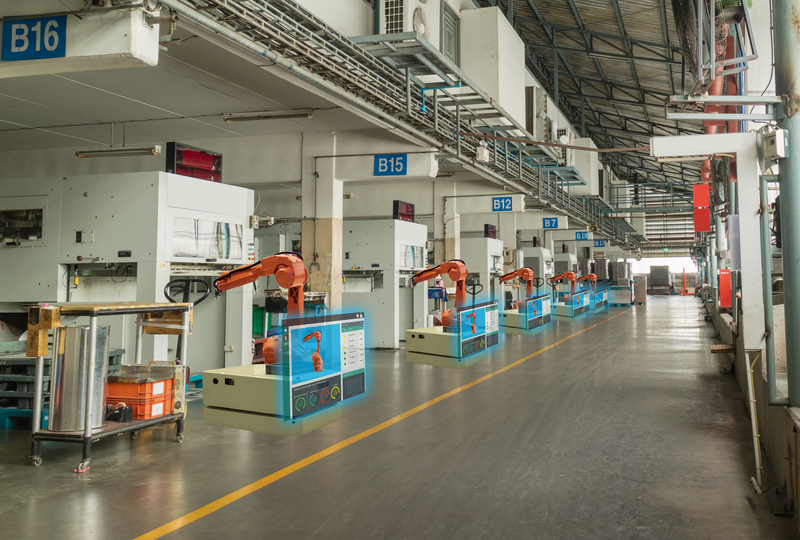
A best practice in the manufacturing sector and considered the gold standard for measuring productivity, Overall Equipment Effectiveness (OEE) provides crucial insights in manufacturing. It was a term coined by Seiichi Nakajima in the 1960s to evaluate how effectively a manufacturing operation is utilized. It is based on the Harrington Emerson way of thinking regarding labor efficiency. The results are stated in a generic form, which allows comparison between manufacturing units in differing industries. It is not, however an absolute measure and is best used to identify scope for process performance improvement, and how to get the improvement.
It is understood that manufacturing is a complex and costly process. Absolute efficiency is crucial to success — using metrics and guidelines, manufacturers remain in control over process and production. OEE is the tool which combines manufacturing issues and data points to provide information about the process. Every member of a manufacturing team can use the data to better understand the current state of a process. It provides a strong framework to accurately track underlying issues and root causes, along with a framework for improvement. OEE metrics can accurately and quickly reflect the current state of any manufacturing process. Conversely, it can also be a very complex tool, allowing an understanding of the true effects of various issues.
The four components of the OEE framework are: OEE, Availability, Performance and Quality (OEE = Availability x Performance x Quality). The Availability key refers to the machine being available. The Performance key refers to how much waste is created through running at less than best speed. The Quality key focuses on the time wasted by producing a product that doesn’t meet standards. It then allows manufacturing companies to pull together separate business functions into simple, but powerfully useful metrics. Finally, by using OEE concepts, waste can be exposed and understood, and efficiencies maximized.








No responses / comments so far.